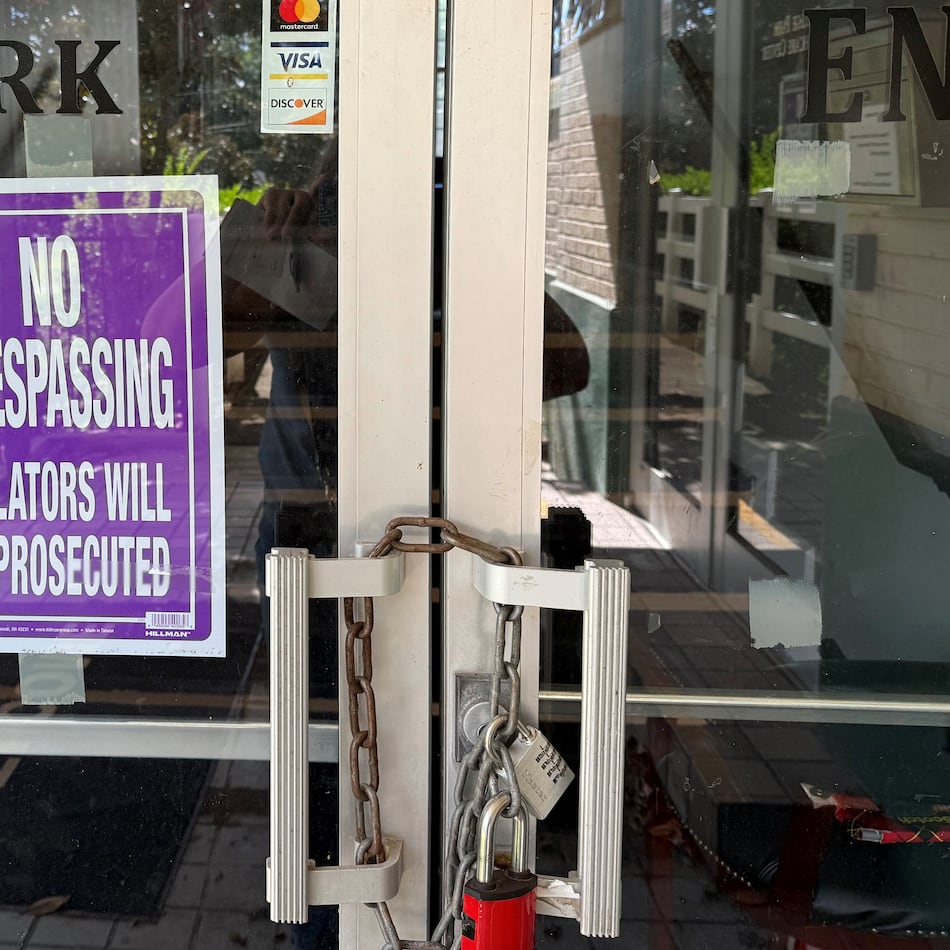Budget cuts threaten programs that reduce violence
Atlanta is proving that smart, community-based programs can reduce violence. Initiatives like CHRIS 180’s Cure Violence, which cut gun violence by 50% in the six neighborhoods of Neighborhood Planning Unit V, and the At-Promise centers, offering youth support and diversion, show that effective crime prevention doesn’t start with punishment — it starts with people.
But recent federal cuts — over $820 million nationwide — threaten this progress. Programs praised for their impact, including Project Safe Neighborhoods and collaborative intervention efforts, now face elimination. These aren’t luxuries. They are lifelines.
Redirecting funds to detention and deportation ignores reality: immigrants commit fewer crimes, and the real drivers of violence are poverty, trauma and lack of opportunity. Atlanta’s holistic strategy works. Defunding it undermines public safety and erodes community trust.
We must preserve what works — not dismantle it. A safer Atlanta depends on thoughtful investment, not political posturing.
DON PLUMMER, POWDER SPRINGS
Only way to cut deficit is to raise taxes
I read with interest former Lt. Gov. Geoff Duncan’s July 22 guest opinion column headlined “Future generations on hook for tax cuts.” I share Duncan’s disgust with the abomination that is the “big, beautiful bill.” The Congressional Budget Office projects that the BBB will add $3.4 trillion to the deficit over the next decade, despite significant cuts to Medicaid, food stamps and other social programs. Why? Because the extension of the 2017 tax cuts and other tax cuts in the BBB will starve the government of $4 trillion in revenue.
Duncan advocates a “multifaceted approach” that involves “cutting costs and streamlining services.” No amount of cost-cutting or service streamlining will make a material dent in the deficit. What can we do to reduce the deficit? The answer is simple — raise revenue.
Individuals and corporations pay taxes to enable the government to fulfill its responsibilities to its citizens and society as a whole. Paying taxes is a part of the social compact each of us makes to our fellow citizens so that the government can fund goods and services for the common good. We also have a duty to ensure that the government has sufficient funds to meet its obligations on a current basis. Absent extraordinary circumstances, the government should avoid borrowing to fund its obligations and leave future generations to pay the bill.
Any multifaceted approach to materially reduce the deficit will be successful only if one of the facets includes raising taxes. All it takes is the political will and the willingness of all of us to sacrifice for the common good.
DANIEL MOHAN, ATLANTA
Keep Reading
The Latest
Featured


